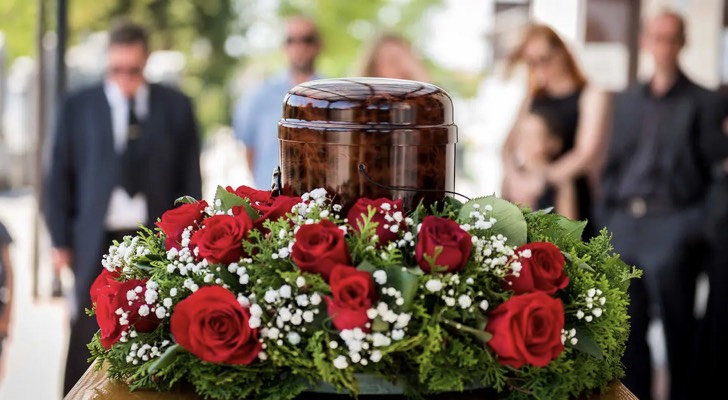Cremation has become an increasingly popular choice for final arrangements in the United States due to its affordability, flexibility, and environmental considerations. Understanding the cost and process of cremation can help individuals and families make informed decisions while ensuring that their loved ones are honored with dignity and respect.

The Cremation Process
Cremation is a respectful and carefully regulated process made up of several key steps:
1. Legal Authorization: Before cremation can take place, families must complete required legal paperwork. This includes obtaining a death certificate and securing written permission from the next of kin or a designated representative.
2. Preparation: Once authorization is granted, the body is placed in a cremation-approved container, typically made of wood or cardboard. For safety, any medical devices such as pacemakers must be removed before the cremation.
3. Cremation: The body is placed in a special furnace called a retort. The chamber heats to temperatures between 1,400 and 1,800 degrees Fahrenheit, reducing the body to bone fragments over the course of two to three hours.
4. Processing the Remains: After cooling, the remaining fragments are processed into a fine, sand-like powder known as ashes.
5. Returning the Ashes: The ashes are placed in an urn or container and returned to the family. They may choose to scatter the ashes in a meaningful location, bury them in a cemetery, or keep them in a memorial urn at home.
Cost of Cremation
The cost of cremation in the United States can vary widely depending on the provider, the region, and the type of service selected. The most affordable option is direct cremation, which typically costs between $1,000 and $3,000. This process involves cremating the body without a formal funeral service, making it a budget-friendly choice for families looking for simplicity.
For those who wish to hold a memorial service in honor of their loved one, the cost may range from $2,000 to $6,000. A memorial service allows family and friends to gather after the cremation has taken place, providing an opportunity for closure and remembrance. Costs may include venue rental, an officiant, and personalized elements such as photographs, music, or video tributes.
A more traditional funeral service that includes cremation can be significantly more expensive, often ranging from $4,000 to $10,000 or more. This option typically involves embalming, a casket rental for the viewing, and other ceremonial aspects, mirroring a traditional burial service but with cremation as the final step.
Additional Costs and Considerations
Beyond the base cost of cremation, there are additional expenses to consider. Urns, for instance, can range from $50 to several hundred dollars depending on the material and design. Some states require cremation permits, which typically cost between $10 and $50. Families may also need multiple copies of the death certificate for legal and administrative purposes, with each copy costing between $10 and $25.
If a family chooses to scatter or bury the ashes, they may incur additional fees. Cemetery plots designated for cremated remains can cost anywhere from a few hundred to several thousand dollars, depending on the location. Some families opt for scattering services, which may involve travel expenses or fees for permits if scattering is to be done in a specific location such as a national park.
Transportation costs should also be considered, as some funeral homes charge fees for transferring the body to the crematory. These fees can range from $100 to $500 or more, depending on the distance and provider policies.
Choosing a Cremation Provider
Selecting a cremation provider is an important decision, and families should take the time to research their options. Funeral homes, independent crematories, and online cremation services all offer varying levels of service and pricing. It is essential to ensure that the provider is reputable, transparent about costs, and compliant with state regulations.
Some families may choose pre-planning services to arrange for cremation in advance. Pre-planning allows individuals to make financial and logistical decisions ahead of time, reducing the burden on surviving loved ones and ensuring that personal wishes are carried out.
Conclusion
Cremation is a practical and increasingly popular alternative to traditional burial. It offers affordability, flexibility, and various memorialization options to suit different preferences and budgets. By understanding the cremation process and associated costs, families can make informed choices that honor their loved ones in a meaningful way. Whether opting for a simple direct cremation or an elaborate memorial service, careful planning ensures a respectful and dignified farewell.
 © Copyright 2025 Shirabe-ru | Terms | Privacy Policy | Contact Us
© Copyright 2025 Shirabe-ru | Terms | Privacy Policy | Contact Us